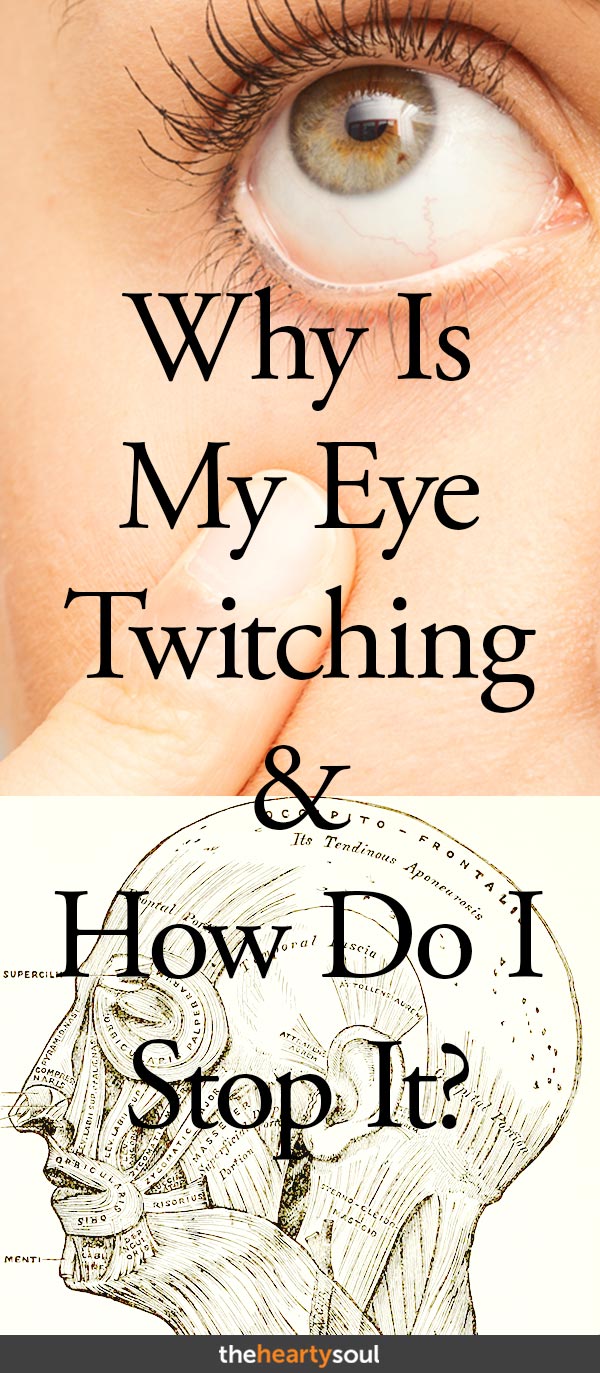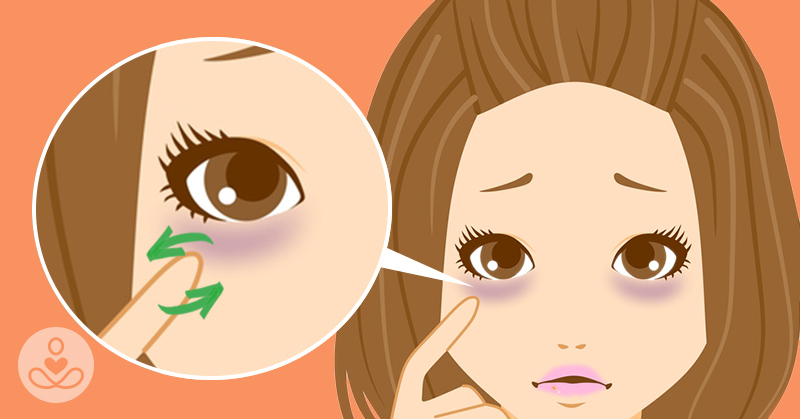Sometimes our eyes twitch, it happens, you may not even notice a twitch here or there. This is caused by involuntary muscle contractions around the eyes, called myokymia. This issue commonly comes and goes without recognition, though, some cases can extend for weeks or even months. You may be wondering: why is my eye twitching? It could be due to a few mostly benign reasons or possibly serious conditions. Here’s how to stop eye twitching.
While these slight spasms are generally considered benign, they can be uncomfortable and irritating. This uncomfortable feeling will often have us asking why is my eye twitching and what can I do about it? This condition will generally dissipate on its own over time and can also be controlled with self-care. Causes of annoying eye twitches are generally well known along with there treatment methods. Here is a list of 8 common causes and what you can do to treat it.
Why is my eye twitching?

If you’ve experienced eye twitching, you’ve probably wondered aloud: why is my eye twitching? There are a few generally harmless reasons why these spasms might be happening.
Stress

Stress can be the root cause of many ailments, including this one. Stress results from a variety of causes and effects everyone differently. If you’re overextended, with a lot on your plate, consider trimming your workload. Try taking some time for relaxing activities such as yoga, meditation, breathing exercises or walking.
Fatigue

Fatigue can result from lack of sleep and is often related to stress. Addressing the underlying causes of fatigue and finding time to rest can help reduce eye twitching.
Caffeine

Excessive caffeine intake is a common cause of this condition. Consume caffeine in moderation. About 2-4 cups of coffee is usually considered safe. Monitor your caffeine intake. If this condition occurs during periods of high caffeine intake, adjust your intake accordingly.
Alcohol

Alcohol consumption has been linked to eye twitching. Abstaining from alcohol consumption will help reduce or eliminate the problem.
Dry Eyes

Dry eyes can be common in adults, especially over the age of 50. Dry eyes can be brought on by excessive computer screen exposure, contact lenses, certain medications (antihistamines), stress, fatigue or being in a dry environment. Over the counter artificial tears are known to help relieve dry eyes. Artificial tears will help keep the eyes lubricated and protect against dry eyes. It is suggested to consult with a doctor before administering artificial tears to find the best treatment for your case (1).
Medications

Medications used to treat various diseases can cause this problem. Medications related to eye twitching include ones used to treat mental illness and epilepsy. Medication that induce these spasms will usually cease once an individual comes off the medication.
Allergies

Allergies are known to cause eye irritation, watery eyes, itching and swollen eyelids. These symptoms may prompt individuals to rub their eyes which releases histamine, a known cause of eye twitching. Should you be present with allergies, resisting the urge to rub your eyes.
Eye Strain

Eye strain can be summed up as vision-related stress. Stressors may be due to far-sightedness, near-sightedness, astigmatism or perhaps it’s time for a change of prescription. In any case of eye strain, it is recommended to see your optometrist to discuss treatment solutions.
How to stop eye twitching

Eye twitching is generally considered a mild condition which will go away on its own. Causes can often be treated through addressing stress, gaining sufficient rest and lowering caffeine intake. Should eye twitching develop into a chronic condition, extensive forms of treatment exist. The following treatments are used only for serious cases, where conventional treatments have proven ineffective (3).
- Facial Injections: Injections are administered to cause localized paralysis around the affected area. In most cases, the eyes are immediately responsive, and symptoms are relieved between injections.
- Surgery: Surgery to remove muscles around the eyelids or surgery to remove part of the nerve to lessen the severity of the spasms.
More Serious Eye Twitching Causes

Rarely, eyelid spasms may be a symptom of more serious conditions, generally related to brain and nerve disorders. These conditions include Bell’s palsy, dystonia, cervical dystonia, multiple sclerosis, Parkinson’s disease and Tourette’s syndrome.
How To Proceed?

As mentioned, most eye twitching causes are harmless. Rest assured that with time and self-care your woes will pass. Should you be concerned that it is related to a more serious issue, don’t hesitate to consult your optometrist or physician.

Sources
- https://www.allaboutvision.com/conditions/eye-twitching.htm
- https://opto.ca/health-library/eyelid-twitches
- https://www.bausch.com/your-eye-concerns/diseases-and-disorders/eyelid-twitching
- https://www.healthline.com/health/eyelid-twitch#prevention
- https://www.webmd.com/eye-health/why-your-eyes-twitch#1

